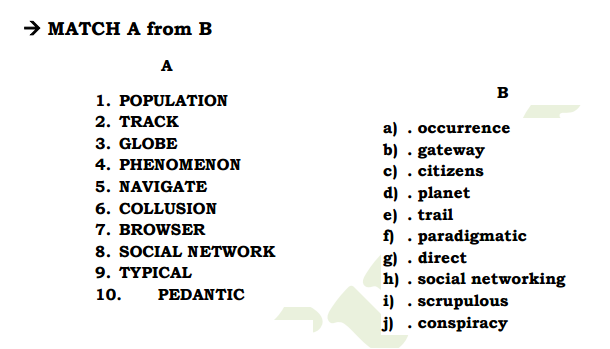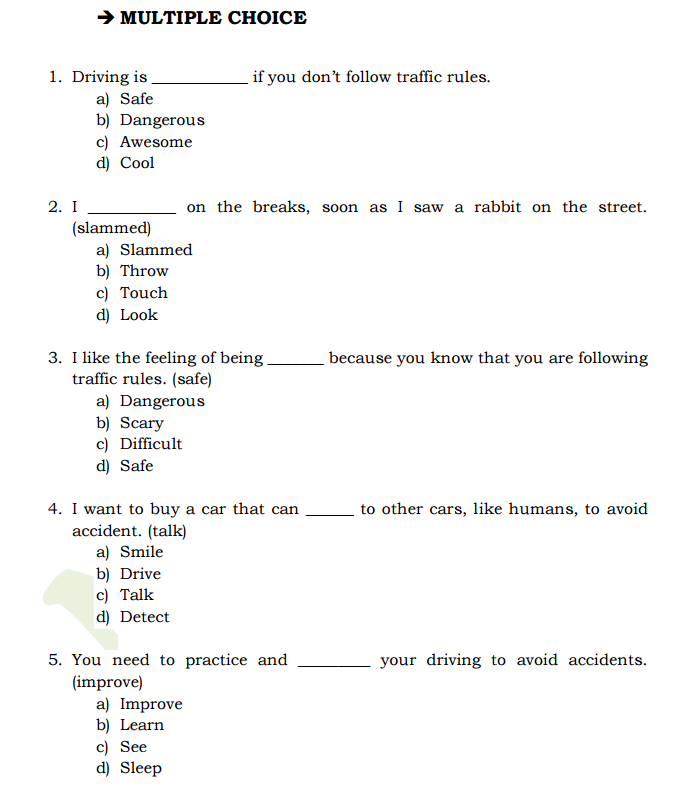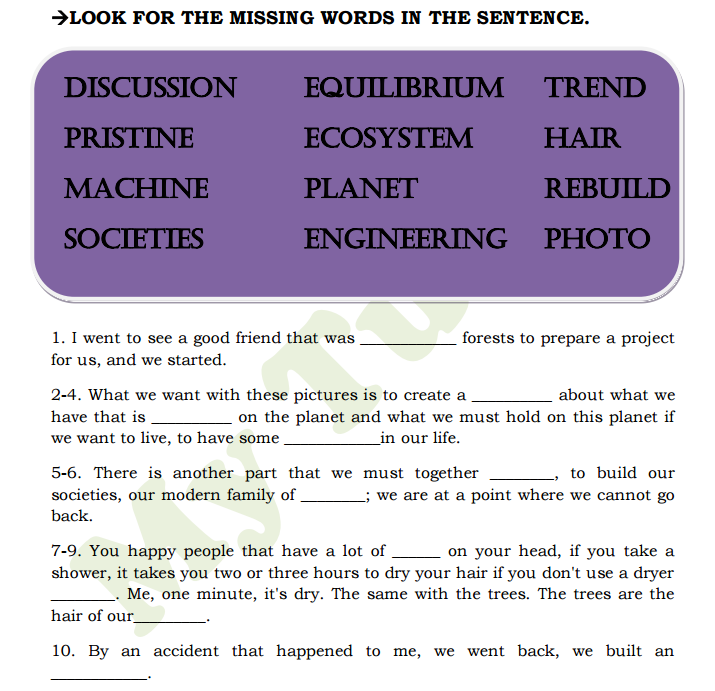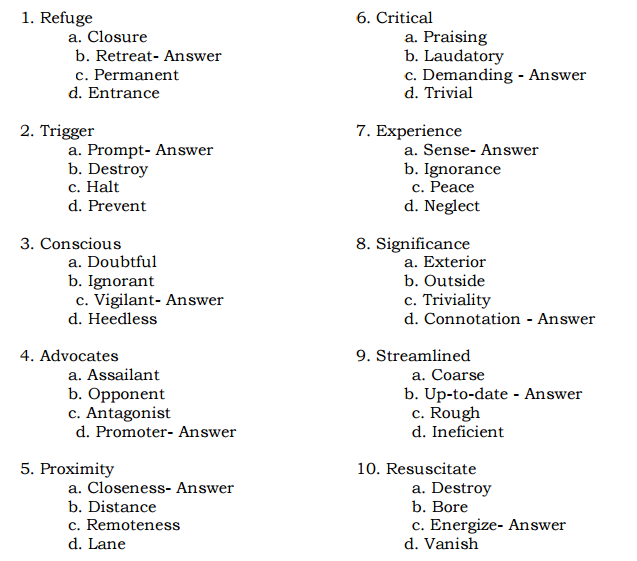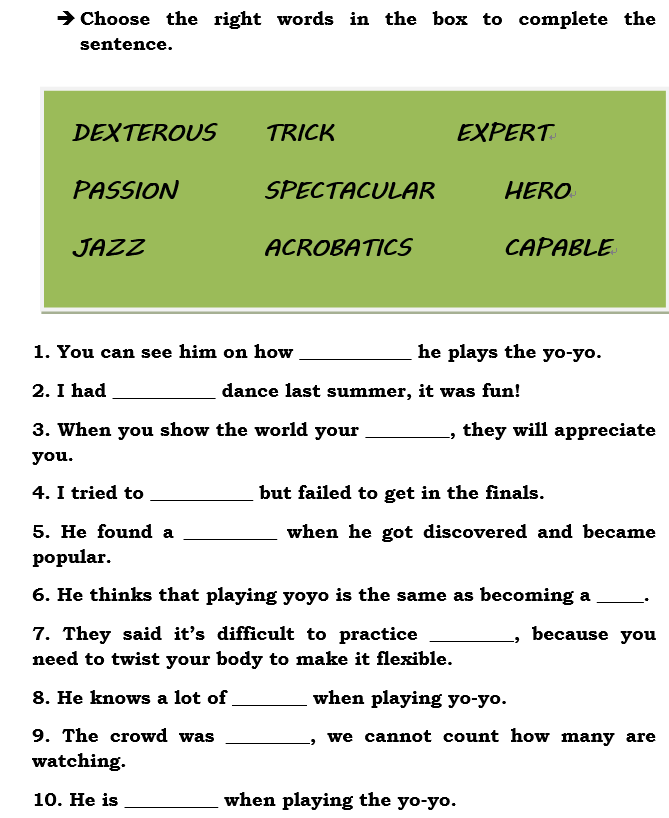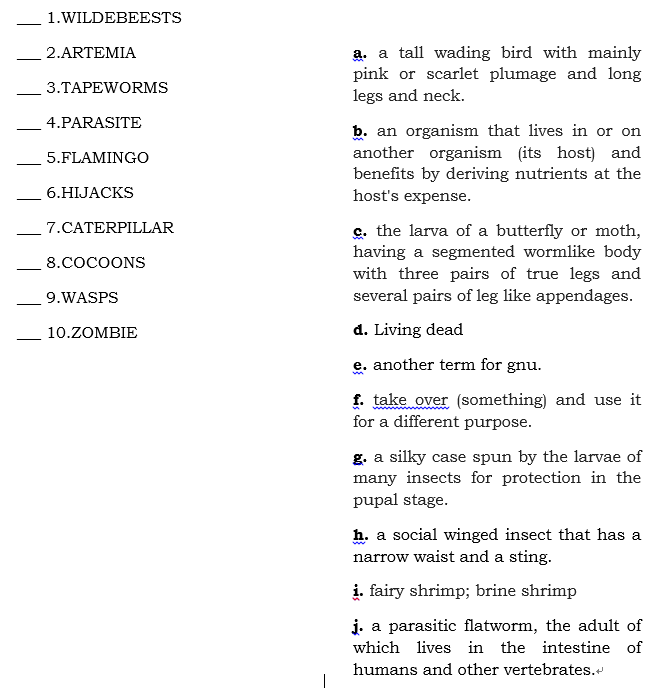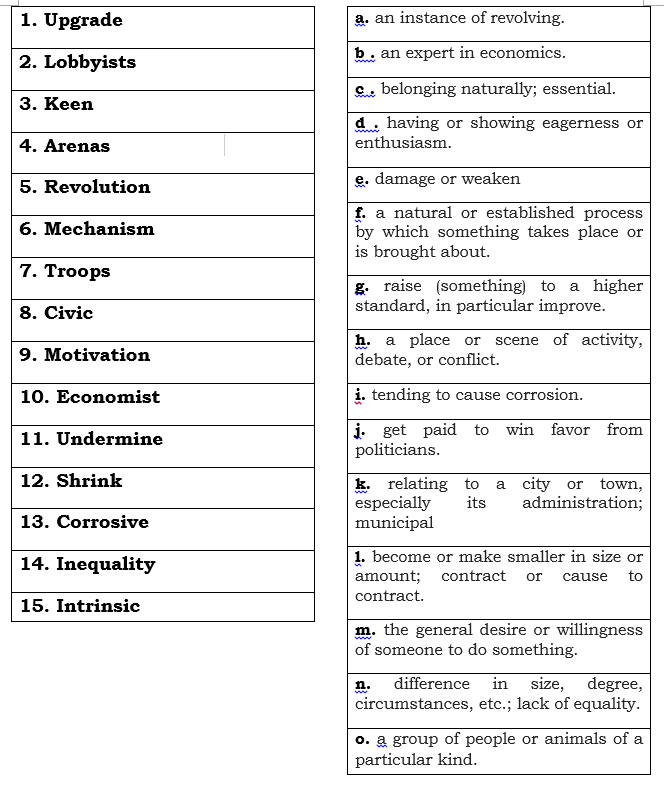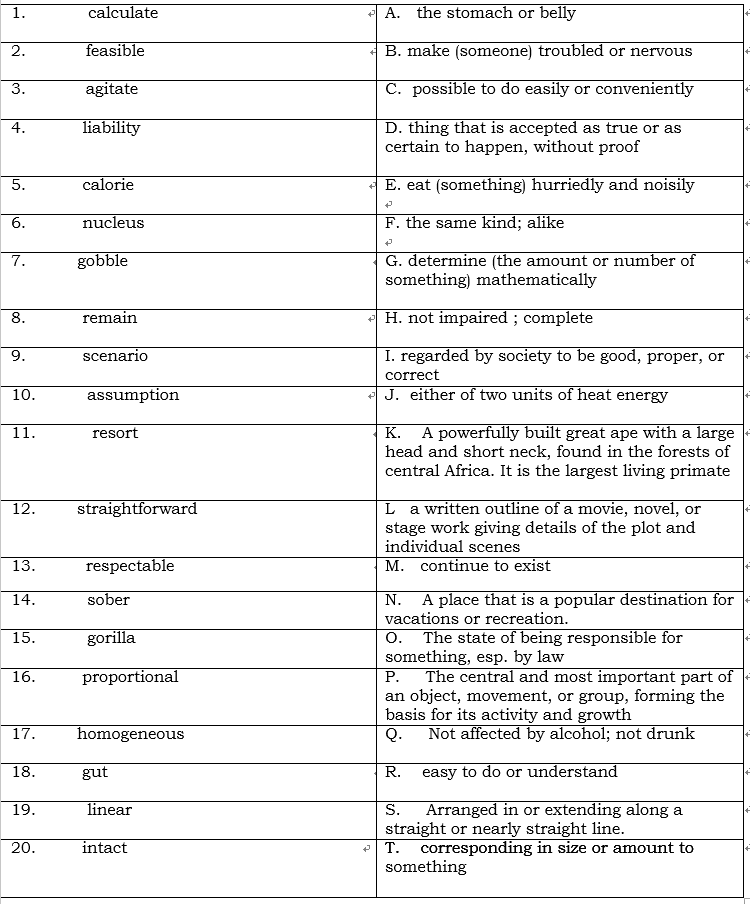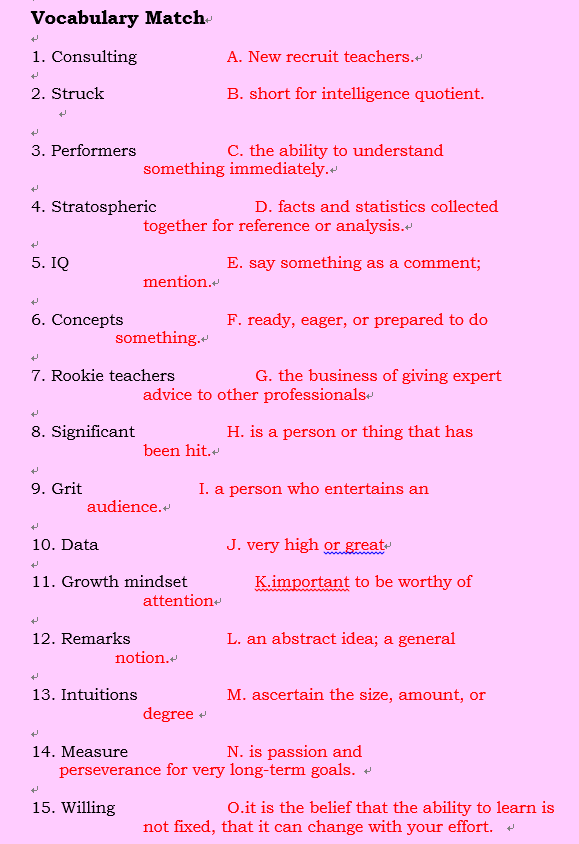Part 1 (Comprehension Questions with Sample Answer):
- Who is tracking us?
- What is Collusion?
- How did Gary experimented collusion?
- How much do they really know about our life?
- What makes Gary Kovacs amazed to think about?
Part 2 (Express Yourself Questions):
- What do you think about Gary Kovacs Speech?
- Do you think its true?
- What would you do if you knew someone is tracking you?
- Have you tried having a stalker?
- Have you tried stalking someone?
- What is the good thing about stalking someone?
- What is the bad thing about stalking someone?
- Do you want to try what Gary Kovacs did?
- How would you let the tracker track you?
- What would you show them?
- If you don’t like being track, what would you do?
- Do you think telling a police can help?
- Do you want to know other people’s information?
- What are the information would you want to know from others?
- Why do you think the trackers are tracking us?
Part 3 (Activity): FIND THE SYNONYM OF A WORD
